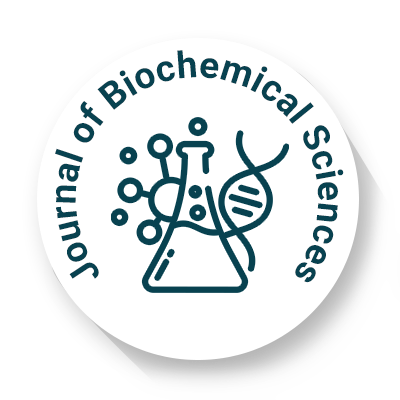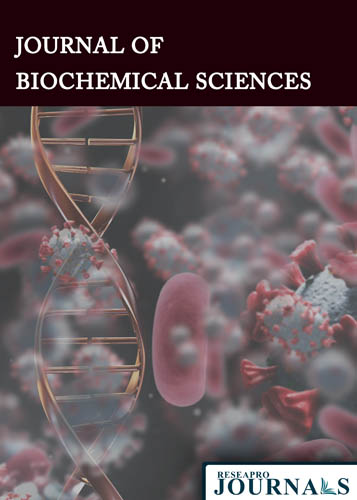
Journal of Biochemical and Sciences
OPEN ACCESS

OPEN ACCESS

Department of Biochemistry University of Benin, Edo State, Nigeria
This research is centered on the impact of a combination of inorganic fertilizers (NPK and urea) on bioremediation as an alternative to the use of solely one fertilizer. The effect of biostimulation on crude oil degradation in contaminated soil was investigated in six therapy groups, and a C:N:P ratio of 100:2:0.2 was used. The microbial growths were measured as total heterotrophic bacteria, total hydrocarbon-utilizing bacteria, total heterotrophic fungi, and total hydrocarbon-utilizing fungi. Laccase, peroxidase, lipase, and catalase activities, as well as residual petroleum hydrocarbon, were assayed every 6 days for 36 days. From this study, the outcomes acquired from the chemical analyses published that water holding capacity, moisture content, and bulk density were higher in the treated soil, while organic carbon and electrical conductivity were higher in contaminated soil, and porosity, whole nitrogen, and complete accessible phosphorus were higher in uncontaminated soil. The study also shows that treatment with the inorganic fertilizer increased the activities of soil enzymes and soil microbial load and decreased the total petroleum hydrocarbon. The effects acquired from these findings suggest that the combination of inorganic fertilizers and the C:N:P ratio adopted shortened the time frame for bioremediation of crude oil in opposition to when only NPK is applied at 10%, as suggested by other researchers.
Received 12 October 2024; Revised 07 November 2024; Accepted 27 December 2024
Department of Biochemistry University of Benin, Edo State, Nigeria